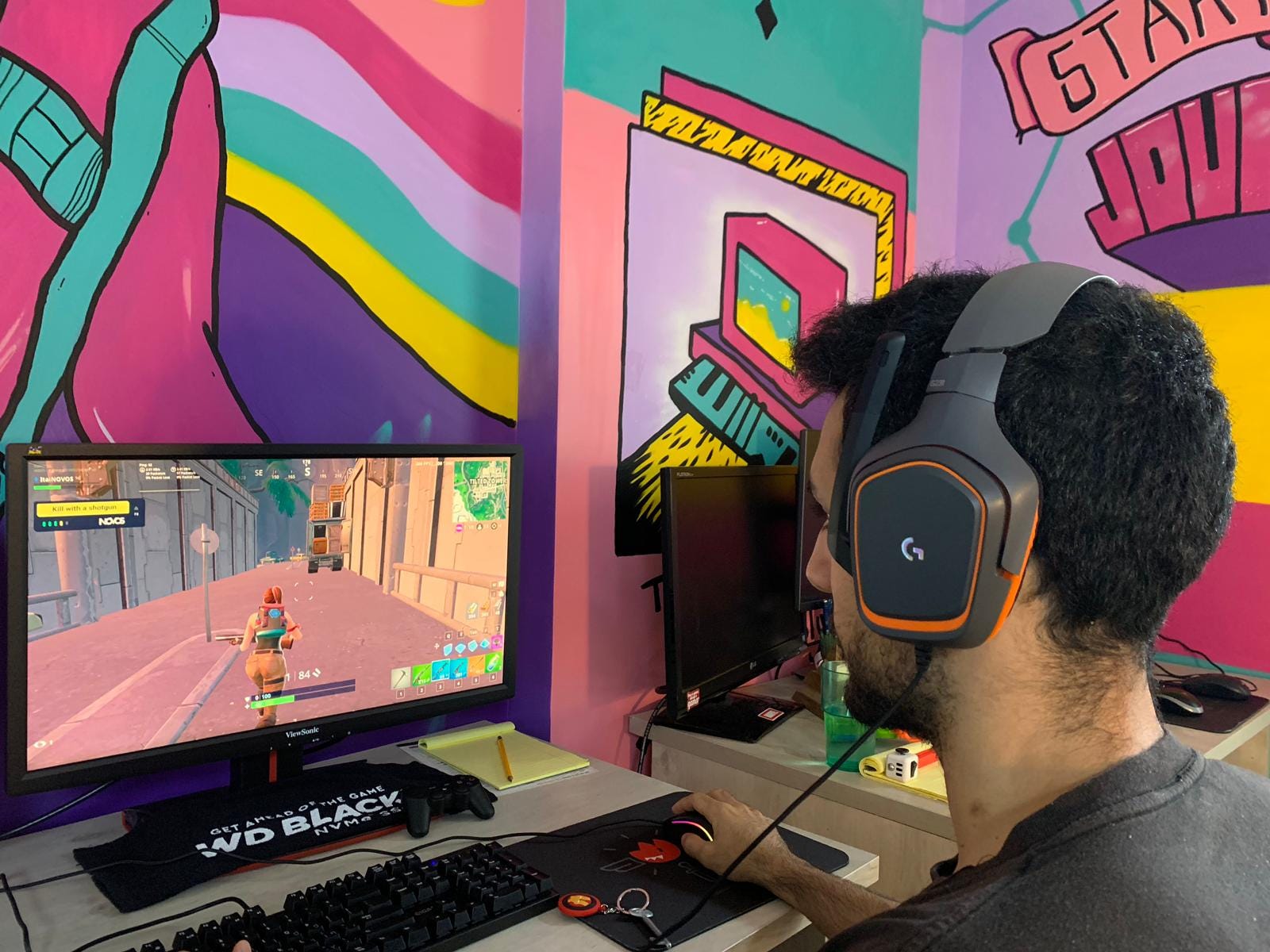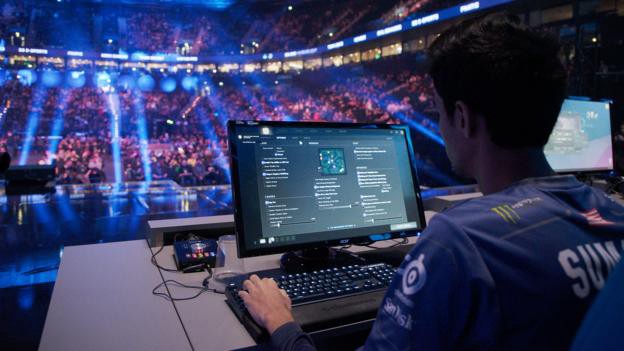You probably have heard about the bad influence video games might have on gamers, but is it actually the truth? You can find research supporting both claims; about the negative and positive influence of video games, but I guarantee that after reading this article you will be highly motivated to practice your game.
1. Playing video games trains your brain to be more creative in solving problems and will decrease the time of such a process. It is able to develop the problem-solving ability of the gamer and contributes to his/her logic.
2. Many strategy games also require the player to notice and identify sudden changes in the game and adapt accordingly, and therefore practice strategy development and awareness for changes.
3. Playing video games also develops the gamers’ coordination of their brains interpretation and reaction of their hands and fingertips. This process requires a great deal of eye-hand coordination and successful spatial vision ability. Therefore, it contributes to the development of eye-hand coordination, fine motor and spatial vision skills.
4. For many gamers, using math skills is also important in order to win many games which involve quantitative analysis such as resource management.
5. The game teaches the player to manage limited resources and prioritize the use of such resources the same way as in some do real life. So by playing video games one can develop his/her planning, resource management, budget planning and logistics skills in real-life.
6. In strategy games for instance, in the process of developing a city, unexpected surprises such as enemies may emerge and affect the game. These encounters force the gamer to be flexible, agile and quickly change tactics. Without even noticing, the gamer has tomultitas, simultaneous track many shifting variables and manage multiple objectives skills dramatically improve.
7. According to research performed by the University of Rochester, led by Cognitive Scientist Daphne Bavelier, action games can be used as a training tool for real-world situations. This is because they force gamers to think quickly, perform fast analysis, and make decisions. For example, video games are simulating stressful events such as the situations that may be found in a battlefield or a hospital, and may be used in order to train soldiers and surgeons. The study suggests that playing action video games encourage the brain to make quick decisions without losing accuracy, decisions that are no less accurate than those made by a soldier or a surgeon.
8. When gamers deal with immediate problems while keeping their long-term goals on his horizon, they practice strategy and anticipation.
9. In advanced levels of some games, gamers usually fail the first time around, but they keeps on trying until they are successful in moving on to the next level. In that sense, gamers practices perseverance and patience.
10. Playing video games also helps developing pattern recognition, estimation skills, inductive reasoning and hypothesis testing. Mapping, memory and concentration improves the ability to rapidly and accurately recognize visual information. Reasoned judgments encourages taking risks and trains gamers to respond to challenges. It also helps gamers deal with frustration, exploration, re-thinking goals, teamwork and cooperation when playing with others. Lastly, it helps gamers with management, simulation and real world skills.
So next time when you are questioning the implications of gaming, remember these things.


